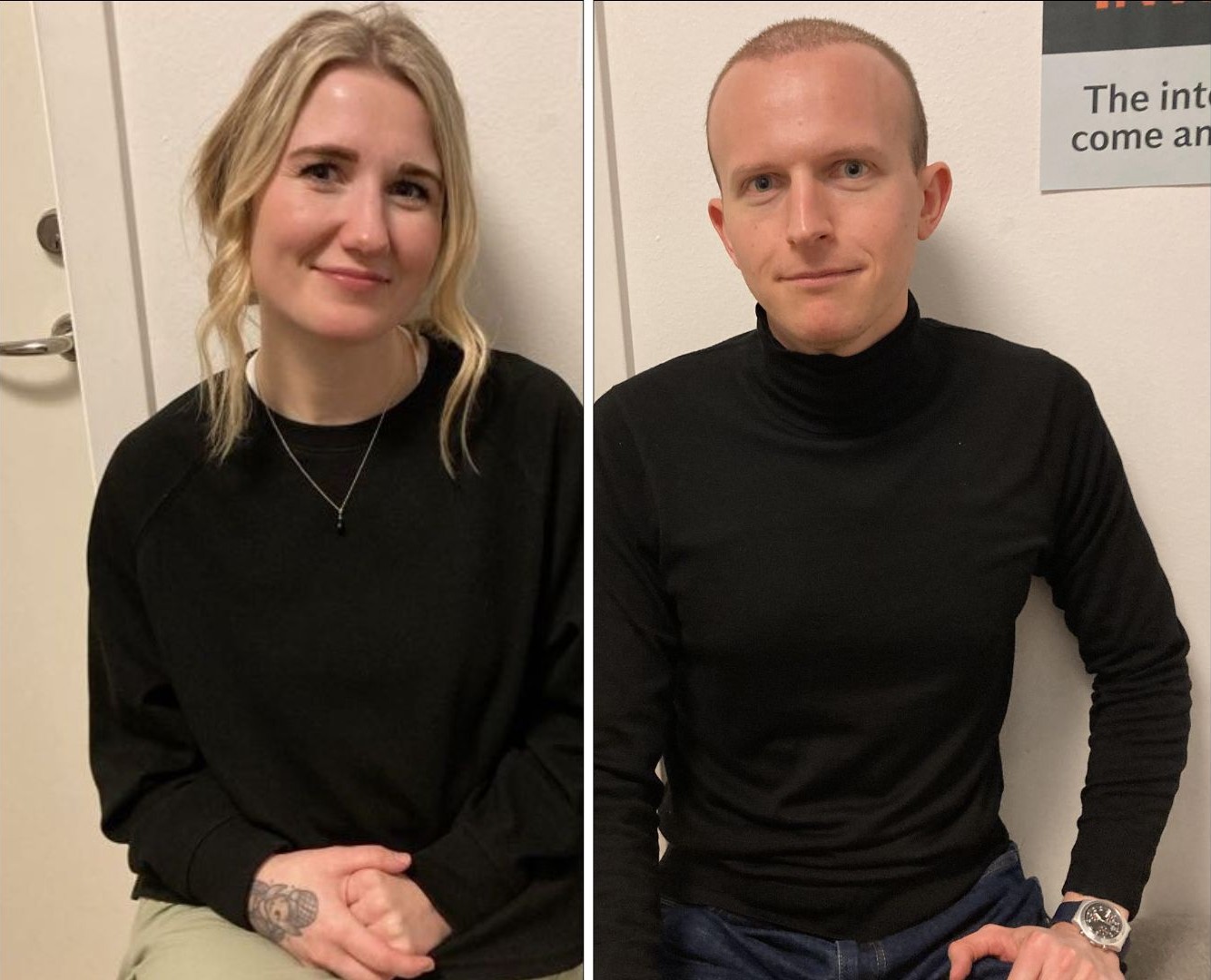The leaves are turning scarlet and impromptu picnics are decidedly less frequent now with August behind us. But it’s a lovely time of year all the same: time for what I consider Copenhagen’s most nuanced, colourful and intelligent festival, Golden Days. There’ll be music, and film, and the quiet art forms will have their day too – and you are blissfully not obliged to camp out in a tent downhill from people who’ve had a lot of beer.
Since its founding in 1993 by a number of cultural institutions, the secretariat Golden Days has presented an annual festival in Greater Copenhagen focusing on our shared culture, now and then, and its relationship with society.
The approaches have been historical (the 1700s), cultural or artistic (the Danish Golden Age) and anthropological – last year’s festival was on the essentiality of faith in today’s world. The events are the result of fruitful collaborations between the festival team and several hundred representatives of our culture.
This year’s Golden Days revisits a decade that many among us have lived first-hand. It was a time when dreams filled the air and the war was over, when rebels had nothing to rebel against and family life became everything, and women’s hemlines moved in the same direction as the economy: the 1950s.
You might think those days are long behind us, but actually, to the extent that the ’50s saw the birth of the modern Danish welfare state, today sees the midlife crisis of that phenomenon.
In order to comprehend the intermediate decline well enough to debate its remedies (and Golden Days features some top-notch debates as well), the festival will zoom in on the decade from a record-breaking 400 different angles.
Broadly speaking, this year’s events fall into five thematic categories: ‘Yellow bricks and desperate housewives’; ‘Paranoia all around’; ‘Youth living on the edge’; ‘Culture struggle – art and politics’; and ‘Historiography – for historians only?’ Note that not all events are priced.
The crucial decade is, in several other ways, still with us today. In sitcoms old pre-sexual revolution gender roles are portrayed with a touch of nostalgia. In women’s lifestyle and fashion magazines there’s a current obsession with the tailored looks of the ’50s (that innocent age before the discovery of cellulite) like the chic pencil skirts, pin curls, bolero sleeves and ‘Peter Pan’ collars. Second-hand dealers are being similarly retrospective – and delighted with the wealth of surviving merchandise from the era when the ‘luxuries of today’ literally became the ‘necessities of tomorrow’.
Ten years ago, the era was memorably put under the microscope by the singer and cult figure Niels Skousen. I’m paraphrasing his historically authentic lyric ‘68’ here: “We stepped out of our comic books never anticipating the violent decades ahead. We moved into our little boxes, got everything worth having – TV sets, welfare programmes, diesel locomotives and laundromats – but not a decent world-view. And today, we just look back and scratch our heads…”
So grab a festival programme at the Main Library and attend a few events. Whether art, music, dance, debate, photography or film is your thing, be sure to treat yourself to some new insights and a trip down memory lane.
HIGHLY RECOMMENDED:
Opening Party – The opening party promises to be kaleidoscopic, unforgettable and spiced up with interesting things to eat and drink. It will feature the DR Big Band, ’50s jazz-icon Ib Glindemann, The Beatophonics, bebop and cool jazz courtesy of the Magnus Hjorth Trio, and sundry guest stars. Several DJs will at hand to make sure you dance the night away. It’s the kind of party where no matter where you saunter off to, there’s something happening.
Vega, 40 Enghavevej, Cph V; Sat 20:00; tickets 250kr, concessions 200kr, www.billetlugen.dk
BO BEDRE as theatre – BO BEDRE (live better) is a theatrical adaptation of the eponymous wildly influential magazine, first published in 1961. Since then it has been telling people what their homes should look like. Over the years, family constellations, gender roles, consumer habits and societal structures have undergone dramatic changes, and so too has BO BEDRE, telling the story of our homes.
Tobaksfabrikken, 4 Tobaksvejen, Søborg; starts Wed (12 Sep), ends 24 Oct; various times; tickets 250kr, www.billetten.dk; www.mungopark.dk













